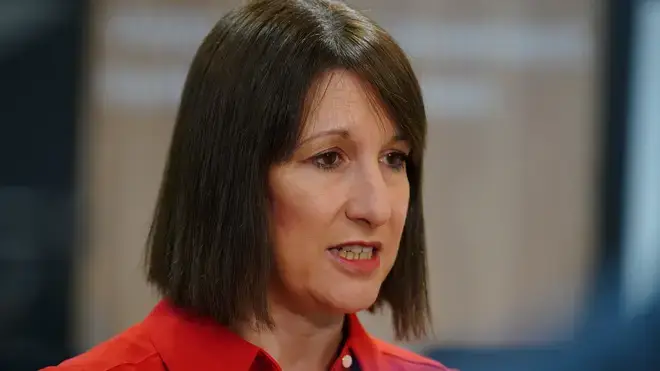Rising tax receipts and lower public sector interest payments offset higher spending on public services, in a boost for chancellor Rachel Reeves.
Government borrowing fell to £11.2 billion last month, the lowest November figure in three years, as tax receipts rose and debt-interest payments fell sharply, according to official data.
The Office for National Statistics (ONS) said public sector net borrowing was £3.4 billion lower than the same month last year, in a boost for chancellor Rachel Reeves.
Economists had predicted £13.3 billion of borrowing for November.
The new figures showed that the cost of servicing Government debt fell to £3 billion for the month – £4.7 billion down year-on-year and the lowest November figure in five years.
This was largely because of recent falls in the retail price index, a measure of inflation which tracks the prices of goods in shops, but which also dictates the cost of some inflation-linked bonds.
While departmental spending, welfare payments and other public services spending rose, the fall in the cost of servicing the national debt was enough to bring down the overall borrowing figure.
Jessica Barnaby, ONS deputy director for public sector finances, said: “Borrowing this month was over £3 billion less than this time last year and the lowest November borrowing for three years.
“Central government tax receipts grew compared with last year, while increased spending on public services and on benefits were offset by lower debt interest payable.”
Chief secretary to the Treasury Darren Jones added: “When we were elected, we inherited crumbling public services and crippled public finances, with a £22 billion black hole.
“This Government will never play fast and loose with the public finances.
“Now we have wiped the slate clean, we are focused on investment and reform to deliver growth, delivering the plan for change, to put more money in people’s pockets, get the NHS back on its feet, rebuild Britain and secure our borders in a decade of national renewal.”



